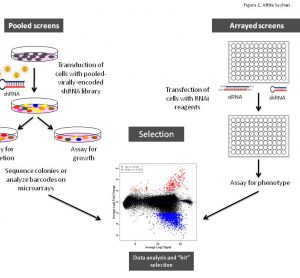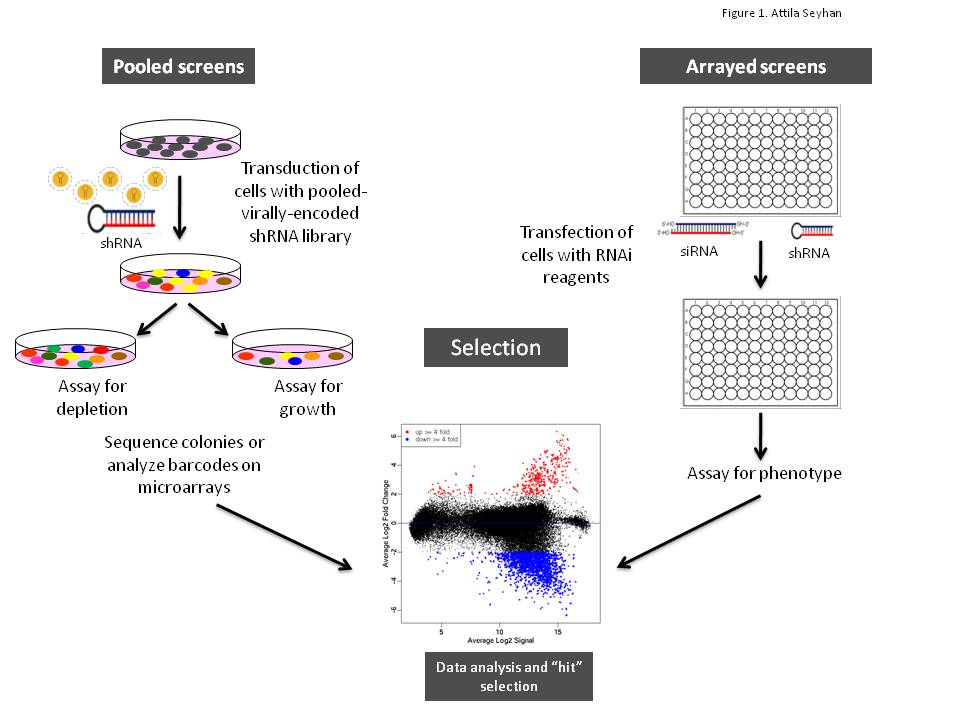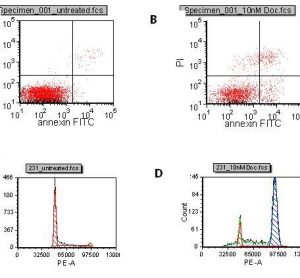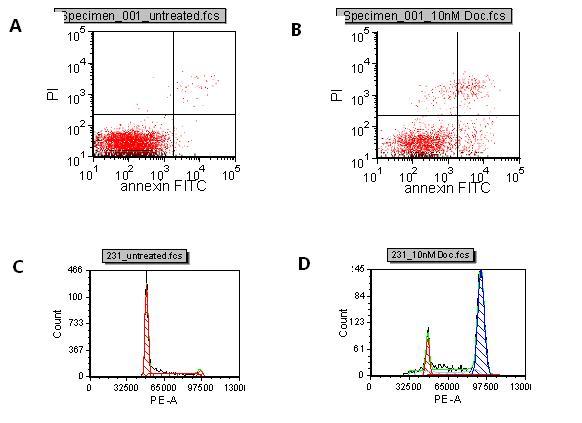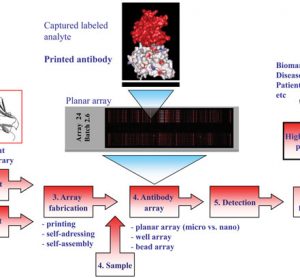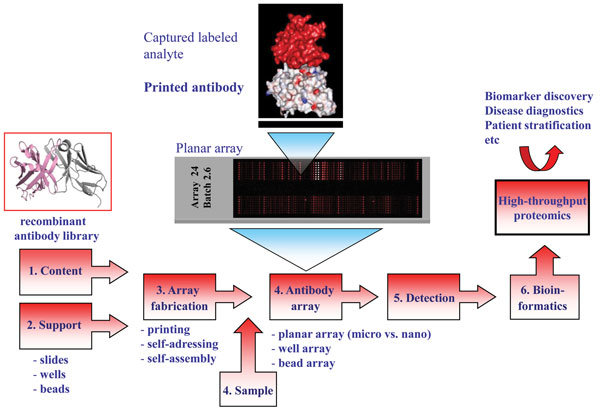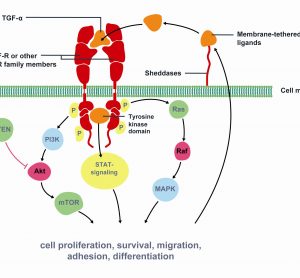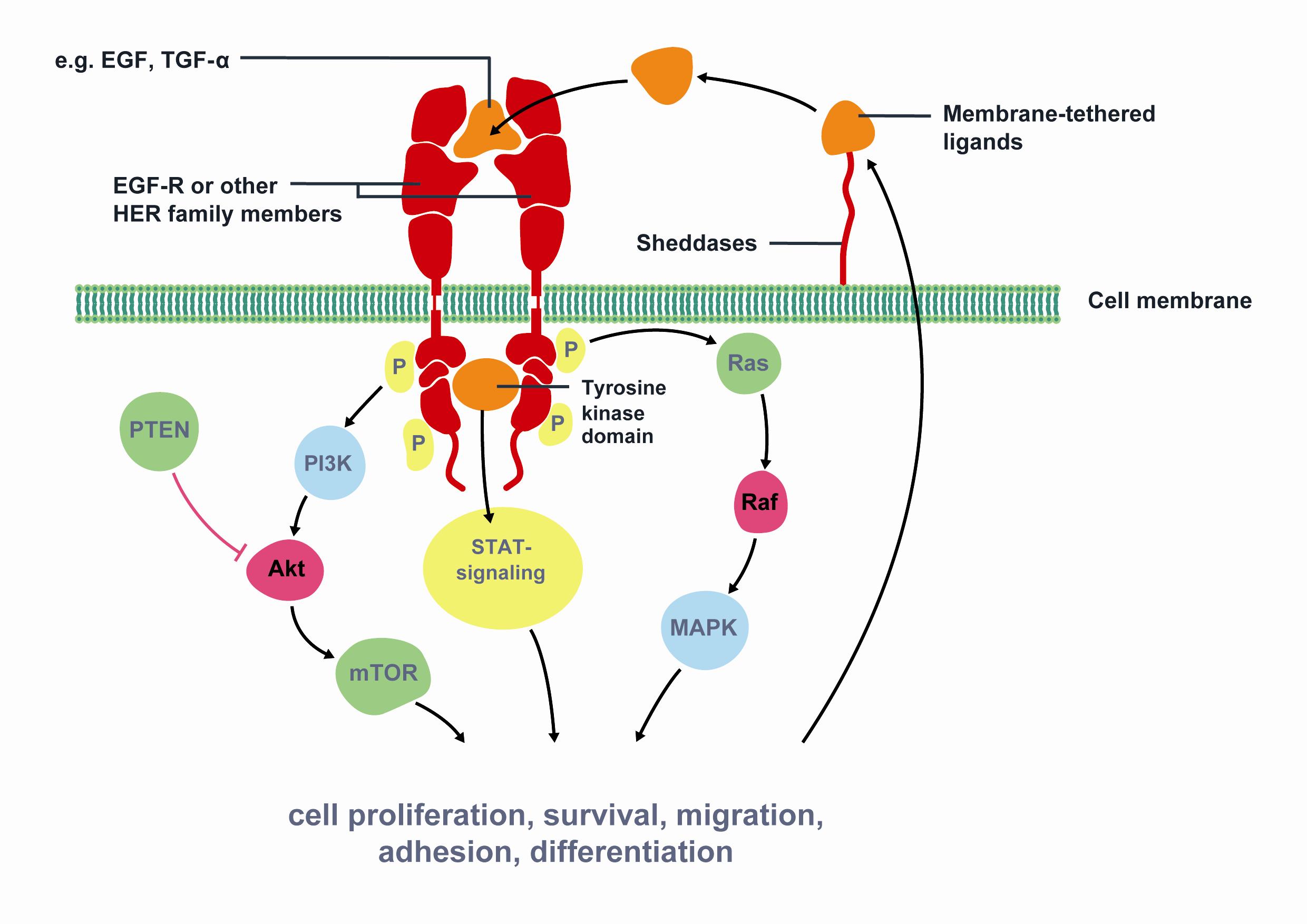PCR and personalised cancer medicine
16 December 2010 | By Frank McCaughan, MRC Career Development Fellow, MRC Laboratory of Molecular Biology
The delivery of personalised medicine is a key goal of modern cancer medicine and refers to the tailoring of anticancer therapy to the molecular characteristics of an individual tumour. To facilitate personalised medicine, it is important to have robust and reproducible means of gaining molecular information about a patient’s cancer…




